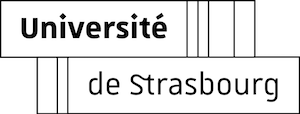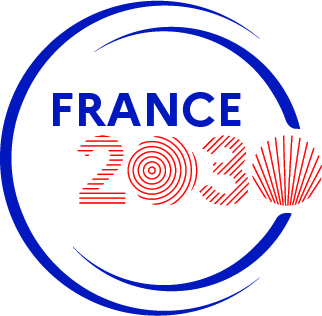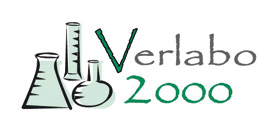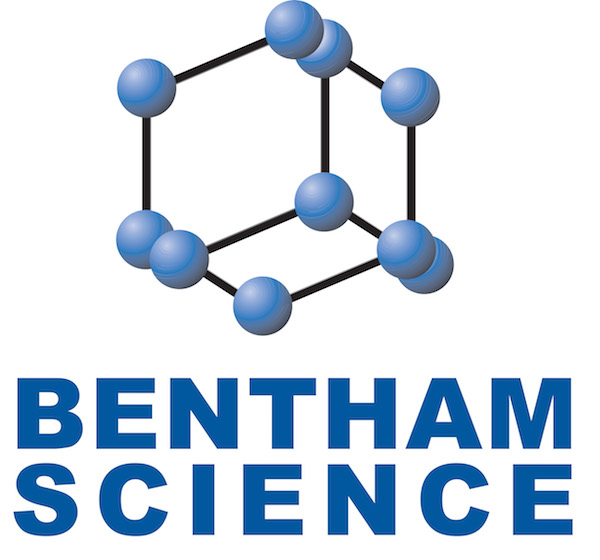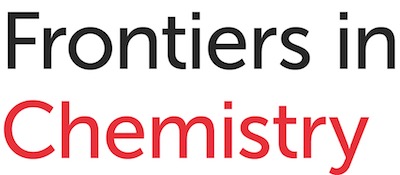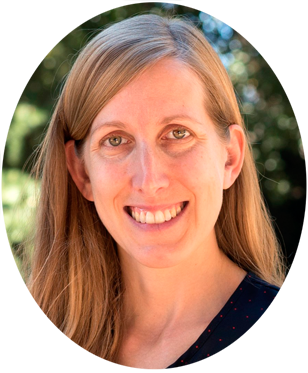
Jennifer Dionne
Stanford University
USA
Plenary speaker
Jennifer Dionne is Associate Professor of Materials Science and Engineering and Senior Fellow at Precourt Institute for Energy at Stanford University. She was Co-Director of the TomKat Center for Sustainable Energy (2019 - 2021) and acts as Director of the Photonics at Thermodynamic Limits Energy Frontier Research Center. Jen received her Ph.D. in Applied Physics at the California Institute of Technology, advised by Harry Atwater, and B.S. degrees in Physics and Systems & Electrical Engineering from Washington University in St. Louis. Prior to joining Stanford, she served as a postdoctoral researcher in Chemistry at Berkeley, advised by Paul Alivisatos. Jen's research develops nanophotonic methods to observe and control chemical and biological processes as they unfold with nanometer scale resolution, emphasizing critical challenges in global health and sustainability. Her work has been recognized with Chan Zuckerberg Biohub Investigator award (2022) and the Keck Foundation Fellowship, Physical Sciences (2022), the Alan T. Waterman Award (2019), an NIH Director's New Innovator Award (2019), a Moore Inventor Fellowship (2017), the Materials Research Society Young Investigator Award (2017), Adolph Lomb Medal (2016), Sloan Foundation Fellowship (2015), and the Presidential Early Career Award for Scientists and Engineers (2014), and was featured on Oprah’s list of “50 Things that will make you say ‘Wow!'". More information here
Wonyong Choi is Distinguished Professor and Director of the KENTECH Institute for Environmental & Climate Technology at the Korea Institute of Energy Technology (KENTECH) in Naju, Korea. He received B.S. from Seoul National University in 1988 and Ph.D. from CALTECH in 1996. Then, he worked at NASA Jet Propulsion Laboratory as a postdoctoral scholar. He joined the faculty of POSTECH in 1998. In 2022, he moved to KENTECH to establish the Center for Environmental & Climate Technology as an inaugural director. His research interests are mainly focused on semiconductor photo(electro)catalysis and photochemistry for solar energy conversion and environmental applications. He was elected as Fellow of Korean Academy of Science and Technology (KAST) in 2014 and received Young Scientist Award (KAST) in 2005, KAST Science and Technology Award in 2015, and Korea Engineering Award in 2018. He has published more than 340 articles with a H-index of 107 and has been selected as Highly Cited Researcher by Clarivate Analytics in 2019-2022. He is currently serving as an editor-in-chief of ACS ES&T Engineering. More information here
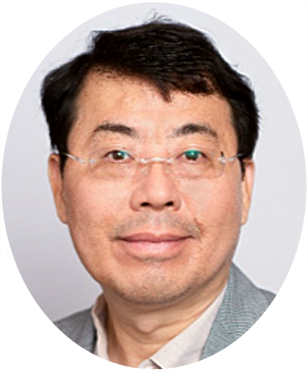
Wonyong Choi
Korea Institute of Energy Technology (KENTECH)
Naju, Korea
Plenary speaker
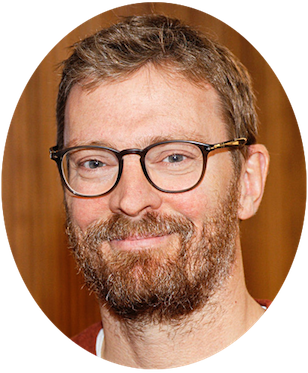
Erwin Reisner
University of Cambridge
United Kingdom
Plenary speaker
Erwin Reisner received his education and training at the University of Vienna (PhD, 2005), MIT (postdoc, 2005-7) and Oxford (postdoc, 2008-9). He joined Cambridge University as a Lecturer in the Chemistry Department in 2010, became a Fellow of St. John’s College in 2011, was appointed to Reader in 2015 and to his current position of Professor of Energy and Sustainability in 2017. He started his independent research programme on artificial photosynthesis with the support of an EPSRC Career Acceleration Fellowship (2009-15) and the Christian Doppler Laboratory for Sustainable SynGas Chemistry (2012-9). In 2016, he received an ERC Consolidator Grant to develop the field of semi-artificial photosynthesis and has recently been awarded an ERC Advanced Grant on semi-biological domino catalysis. He is the academic lead of the Cambridge Circular Plastics Centre, where his team develops solar-powered valorisation technologies for the conversion of biomass and plastics to fuels and chemicals. More information here
Roel van de Krol is head of the Institute for Solar Fuels at the Helmholtz-Zentrum Berlin (HZB) and full professor at the Chemistry Department of TU Berlin. He earned his PhD from TU Delft in 2000, was a postdoctoral fellow at MIT, and was assistant professor at TU Delft until joining HZB in 2012. His group focuses on the development of materials and devices for the photoelectrochemical conversion of sunlight into chemical fuels. This includes the development of deposition processes for thin film photoelectrodes and catalysts and scale-up of solar fuel devices up to 100 cm2. The group specializes in metal oxide absorbers and aim to understand the fundamental processes of charge generation, separation, and transfer in the bulk and at the surfaces and interfaces of these materials. The experimental toolbox includes a range of thin film deposition techniques, (photo-)electrochemistry, time-resolved spectroscopy on fs – s time scales, surface chemistry, and synchrotron-based methods. More information here
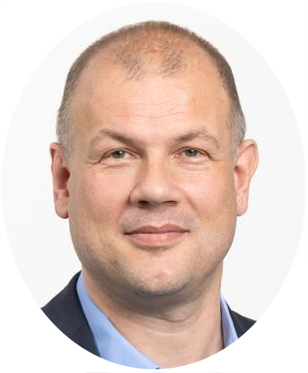
Roel van de Krol
Helmholtz-Zentrum Berlin and Technical University of Berlin
Germany
Plenary speaker
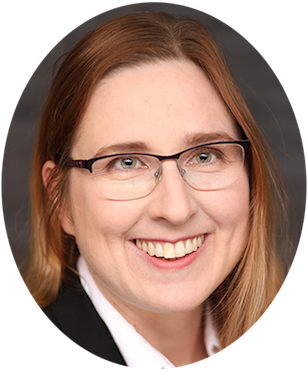
Jennifer Strunk
Leibniz Institute for Catalysis (LIKAT), Rostock
Germany
Plenary speaker
Jennifer Strunk received her diploma and PhD degree in Industrial Chemistry from the Ruhr-University Bochum, Germany, in 2004 and 2008, respectively. After a postdoctoral stay at UC Berkeley (2008-2010) and employment as (junior) research group leader at Ruhr-University (2010-2014) and the Max-Planck-Institute for Chemical Energy Conversion (2014-2016), she became professor at the LIKAT in Rostock, Germany, in January 2017 to lead the new Department of Heterogeneous Photocatalysis. She has published more than 75 journal papers and has received the prestigious Dozentenpreis of the German Chemical Industry Fund in 2016. Her prime research interest is to develop reliable reactors and reproducible research methodologies to understand the basic processes in heterogeneous photocatalysis. More information here
Professor Michael (Mike) Bowker has worked in both industry (ICI) and academia (Stanford, Liverpool, Reading, Cardiff). He was a founder member of the Leverhulme Centre at Liverpool University, and of the Cardiff Catalysis Institute (CCI). He is a senior member of the UK Catalysis Hub network, working both at Cardiff and at RCAH, Harwell. He has been involved in research across a spectrum of activities in heterogeneous catalysis, nanoscience and surface imaging/reactivity, ranging from selective oxidation catalysis and photocatalysis, to studies of adsorption and catalysis on well-defined surfaces, to atomic resolution imaging, to nanofabrication. In all of this work the aim has been to understand structure/reactivity relationships and to determine the nature of active sites in catalysis. He has an h-index of 72 and over 300 papers and patents in the field. More information here
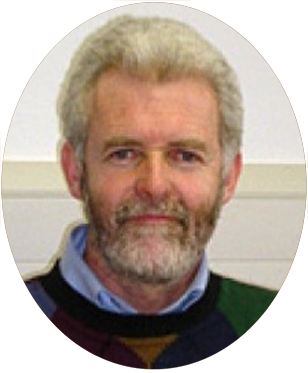
Michael (Mike) Bowker
Cardiff Catalysis Institute and Research Complex at Harwel
United Kingdom
Plenary speaker
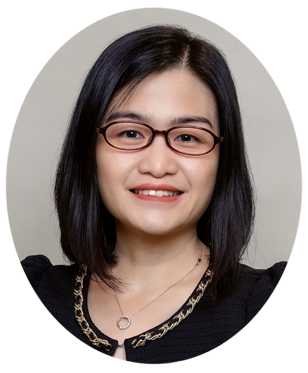
Lydia Wong
Nanyang Technological University (NTU)
Singapore
Keynote speaker
Lydia Wong is Associate Professor at the School of Materials Science and Engineering at Nanyang Technological University (NTU) in Singapore. She received her PhD from NTU, and her research focuses on inorganic semiconductors, their synthesis and characterizations, and their applications in solar cells, solar water splitting, and electrocatalytic fuel generation. She is particularly interested in novel strategies to enhance solar cell efficiency, printable solar harvesting devices, discovery of materials by high throughput methods and understanding of structure-property relationship of inorganic materials for energy applications. She has published over 150 publications in international peer-reviewed journals, and her work has been cited more than 9800 times. She is also an Editorial Advisory Board member of Solar RRL (Wiley) and Associate Editor of Materials Advances and Journal of Materials Chemistry A (RSC). More information here
Sammy W. Verbruggen is Assistant Professor at the University of Antwerp in Belgium since 2019, and member of its NANOlab Center of Excellence in the field of nanoscience and nanomaterials. He received a joint PhD degree from the University of Antwerp and KU Leuven in 2014 for his multidisciplinary work on photoactive nanomaterials, for which he was granted the prestigious Belgian Industrial R&D Award. His research group focuses on fundamentals and applications of plasmonic photo(electro)catalysis for energy and environment. Research lines include the synthesis of new plasmonic nanostructures, and their application in CO2 conversion, air purification, H2 production and self-cleaning surfaces More information here
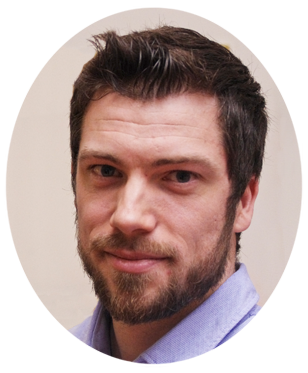
Sammy W. Verbruggen
University of Antwerp
Belgium
Keynote speaker
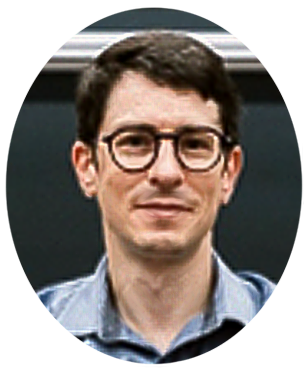
Tangui Le Bahers
Ecole Normale Supérieure (ENS) Lyon
France
Keynote speaker
Tangui Le Bahers is Assistant Professor at the University Claude Bernard of Lyon since 2012. He is conducting his research at the Laboratory of Chemistry from the Ecole Normale Supérieure (ENS) de Lyon, where he is working in the field of photo-induced phenomena by quantum chemical methods. He is highly active in three research areas: (i) the singlet-triplet intersystem crossing in molecular dyes, (ii) the investigation of photochromism in natural minerals and (iii) the development of new catalysts for photo(electro)catalysis (water splitting, CO2 reduction). His main contributions in photocatalysis rely on the development of a reliable methodology to assess the optoelectronic properties of bulk semiconductors and the determination of a full water oxidation mechanism using the grand canonical DFT. More information here
Michael Seifner is researcher at the DTU Nanolab and the Center for Nanophotonics (NanoPhoton) from the Technical University of Denmark in Lyngby working with advanced electron microscopy techniques, combining low-loss electron energy loss spectroscopy, light irradiation, and the supply of gaseous species. He received his education and training in chemistry and materials at the Vienna University of Technology (PhD, 2019). Subsequently, he continued as a postdoctoral researcher at Lund University in Sweden (2019-2022), where he focused on the investigation of crystal growth inside a transmission electron microscope. In particular, he studied ways to control the properties of multi-component metal-semiconductor nanoparticles by understanding their synthesis mechanisms. In his new position at the Technical University of Denmark, he aims to understand structure/property relationships by combining the controlled synthesis of nanomaterials to tailor their properties with advanced electron microscopy techniques.
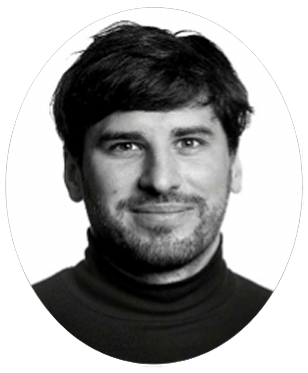
Michael Seifner
Technical University of Denmark, Lyngby
Denmark
Keynote speaker
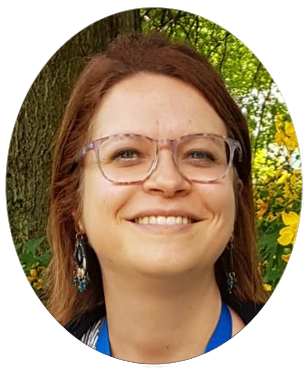
Maria Vittoria Dozzi
University of Milan
Italy
Keynote speaker
Maria Vittoria Dozzi is Associate Professor of Physical Chemistry at the Department of Chemistry of the University of Milan (UniMi). She received her PhD degree in Chemical Sciences in 2012 at UniMi with a thesis on TiO2 photoactivity optimization by means of structural and surface modifications, for which she was awarded with the Giovanni Semerano prize of the Physical Chemistry Division of the Italian Chemical Society. Part of her thesis was done at the Catalysis Research Center of Hokkaido University in Sapporo (Japan), under the supervision of Prof. B. Ohtani. For several years she mainly focused on the mechanistic aspects of photocatalysis on TiO2 -based semiconductors for environmental and energy applications. Recently, her attention has been devoted to the development of efficient ternary metal oxide-based photo(electro)catalysts for solar energy conversion. More information here.
